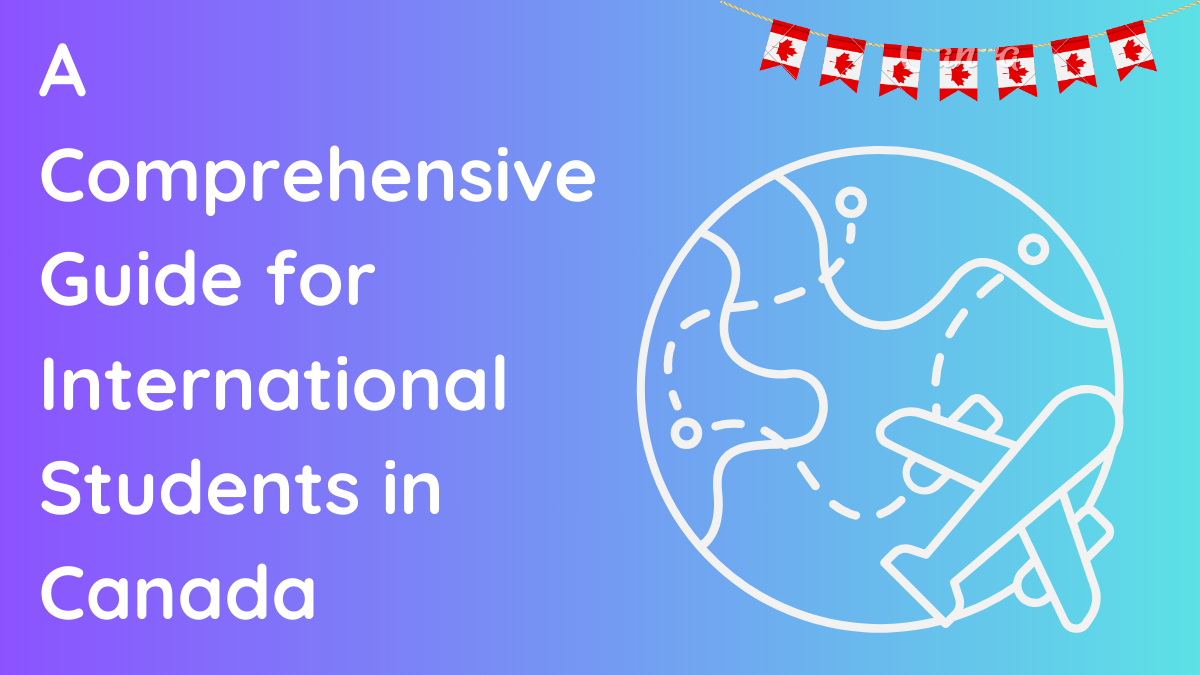Canada, renowned for its high-quality education system and multicultural environment, offers a wealth of opportunities for international students. As they embark on their educational journey, understanding the intricacies of student life, academic expectations, and the support systems available is crucial. This guide aims to provide a detailed overview to help international students navigate their experience in Canada successfully.
Why Choose Canada for Higher Education?
Canada stands out as a premier destination for international education due to several compelling reasons:
World-Class Education
Canadian institutions are recognized globally for their academic excellence. Universities like the University of Toronto, McGill University, and the University of British Columbia consistently rank among the top educational institutions worldwide. These institutions offer a diverse range of programs, from engineering and business to arts and humanities, ensuring that students can find a course that aligns with their interests and career goals.
Cultural Diversity and Inclusion
Canada is known for its welcoming nature and cultural diversity. International students will find themselves in an inclusive environment where different cultures and perspectives are celebrated. This diversity not only enriches the educational experience but also helps students develop a global perspective.
Affordable Education and Living Costs
Compared to other popular study destinations like the United States and the United Kingdom, Canada offers relatively lower tuition fees and living expenses. Many universities also offer scholarships and financial aid options to help ease the financial burden on international students.
Navigating the Canadian Education System
Understanding the Canadian education system is essential for international students to make the most of their academic experience.
Program Structure and Degree Types
Canadian universities offer undergraduate, graduate, and doctoral programs. The typical structure includes:
- Undergraduate Degrees: Generally require three to four years to complete. Examples include Bachelor of Arts (BA), Bachelor of Science (BSc), and Bachelor of Engineering (BEng).
- Graduate Degrees: Include Master’s degrees (e.g., Master of Business Administration, Master of Science) and usually take one to two years to complete.
- Doctoral Degrees: Typically take three to five years and involve extensive research. Examples include PhD and EdD.
Academic Expectations
Canadian academic institutions emphasize critical thinking, independent research, and participation in class discussions. Students are often required to complete various assessments, including exams, essays, and group projects. Understanding the grading system and academic standards is crucial for success.
Visa and Immigration Requirements
Securing the right visa is a critical step for international students planning to study in Canada.
Study Permit
International students must obtain a study permit to enroll in a Canadian educational institution. To apply, students need:
- A letter of acceptance from a designated learning institution (DLI).
- Proof of sufficient funds to cover tuition fees, living expenses, and return travel.
- No criminal record and may need to provide a police certificate.
- A medical exam if required by the Canadian authorities.
Work Opportunities
Canada offers various work opportunities for international students, including:
- On-Campus Work: Students can work up to 20 hours per week during academic sessions and full-time during scheduled breaks.
- Off-Campus Work: Students with a valid study permit and enrolled in a program of at least six months can work up to 20 hours per week during academic sessions and full-time during breaks.
Accommodation Options
Finding suitable accommodation is essential for a smooth transition to life in Canada.
On-Campus Housing
Most Canadian universities offer on-campus accommodation options, such as residence halls or dormitories. Living on campus provides convenience and the opportunity to engage with other students easily.
Off-Campus Housing
Students may also choose to live off-campus. Options include renting apartments, sharing accommodations with other students, or staying with host families. Websites and local listings can help in finding affordable and suitable housing.
Student Life and Support Services
Adjusting to life in a new country can be challenging, but Canadian institutions offer numerous support services to help international students.
Academic Support
Many universities provide academic support services, including tutoring, writing centers, and library resources. These services can help students succeed academically and manage their coursework effectively.
Counseling and Wellness
Counseling services are available to support students’ mental and emotional well-being. Institutions often provide workshops, counseling sessions, and stress management resources to help students cope with the pressures of academic life.
International Student Offices
Most Canadian universities have dedicated international student offices that offer guidance on various aspects of student life, including immigration issues, cultural adjustment, and social integration.
Cultural Adjustment and Social Integration
Adapting to a new culture and environment is an important part of the international student experience.
Cultural Activities and Clubs
Participating in cultural activities and joining student clubs is a great way to meet new people and integrate into the Canadian community. Universities often have diverse student organizations that celebrate different cultures and offer various social and recreational activities.
Exploring Canada
Canada is known for its stunning natural landscapes and vibrant cities. International students should take the opportunity to explore the country, from the picturesque Rockies in Alberta to the bustling city life of Toronto and Vancouver.
Conclusion
Studying in Canada offers a wealth of opportunities for personal and academic growth. By understanding the education system, visa requirements, accommodation options, and available support services, international students can make the most of their experience. Embracing the cultural diversity and engaging with the Canadian community will enrich their journey and provide lifelong benefits.

 August 20, 2024
August 20, 2024  5 Min
5 Min  No Comment
No Comment 